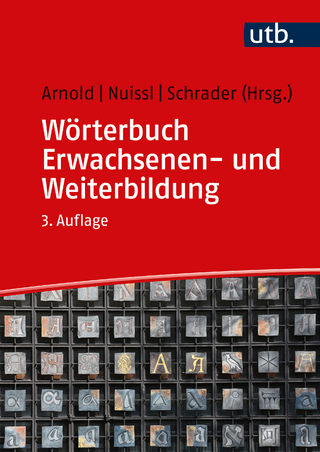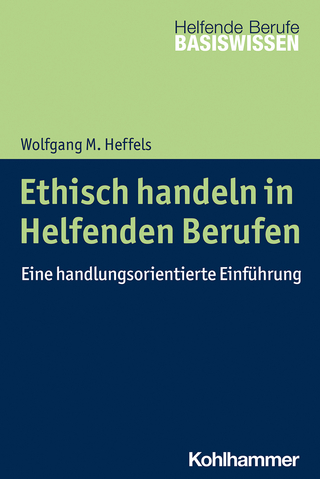
The Historical Roots of Corruption
Mass Education, Economic Inequality, and State Capacity
Seiten
2017
Cambridge University Press (Verlag)
978-1-108-41648-1 (ISBN)
Cambridge University Press (Verlag)
978-1-108-41648-1 (ISBN)
Using both statistical analysis and case studies, Uslaner argues that corruption levels in 2010 largely depend upon the level of education in a country over a century ago. The book will be of interest to students of corruption and institutional development in political science, economics, and sociology.
Why does corruption persist over long periods of time? Why is it so difficult to eliminate? Suggesting that corruption is deeply rooted in the underlying social and historical political structures of a country, Uslaner observes that there is a powerful statistical relationship between levels of mass education in 1870 and corruption levels in 2010 across 78 countries. He argues that an early introduction of universal education is shown to be linked to levels of economic equality and to efforts to increase state capacity. Societies with more equal education gave citizens more opportunities and power for opposing corruption, whilst the need for increased state capacity was a strong motivation for the introduction of universal education in many countries. Evidence for this argument is presented from statistical models, case studies from Northern and Southern Europe, Asia, Africa, Latin America, the United States, Canada, Australia, and New Zealand, as well as a discussions of how some countries escaped the 'trap' of corruption.
Why does corruption persist over long periods of time? Why is it so difficult to eliminate? Suggesting that corruption is deeply rooted in the underlying social and historical political structures of a country, Uslaner observes that there is a powerful statistical relationship between levels of mass education in 1870 and corruption levels in 2010 across 78 countries. He argues that an early introduction of universal education is shown to be linked to levels of economic equality and to efforts to increase state capacity. Societies with more equal education gave citizens more opportunities and power for opposing corruption, whilst the need for increased state capacity was a strong motivation for the introduction of universal education in many countries. Evidence for this argument is presented from statistical models, case studies from Northern and Southern Europe, Asia, Africa, Latin America, the United States, Canada, Australia, and New Zealand, as well as a discussions of how some countries escaped the 'trap' of corruption.
Eric M. Uslaner is Professor of Government and Politics at the University of Maryland, College Park. He is the author of nine books, including The Moral Foundations of Trust (Cambridge, 2002), Corruption, Inequality, and the Rule of Law (Cambridge, 2010), and Segregation and Mistrust (Cambridge, 2012).
1. The theoretical framework; 2. The quantitative evidence; 3. Education in the developed countries (Northern and Southern Europe); 4. Education outside the developed countries: Africa, Latin America, Asia; 5. Education in the Anglo-American countries; 6. Is path dependence forever: how some countries reduced corruption.
| Erscheinungsdatum | 14.10.2017 |
|---|---|
| Zusatzinfo | Worked examples or Exercises; 13 Tables, black and white; 34 Line drawings, black and white |
| Verlagsort | Cambridge |
| Sprache | englisch |
| Maße | 156 x 235 mm |
| Gewicht | 440 g |
| Themenwelt | Sozialwissenschaften ► Pädagogik ► Allgemeines / Lexika |
| Sozialwissenschaften ► Politik / Verwaltung ► Vergleichende Politikwissenschaften | |
| ISBN-10 | 1-108-41648-9 / 1108416489 |
| ISBN-13 | 978-1-108-41648-1 / 9781108416481 |
| Zustand | Neuware |
| Haben Sie eine Frage zum Produkt? |
Mehr entdecken
aus dem Bereich
aus dem Bereich
systemisches Handwerkszeug
Buch | Softcover (2023)
Vandenhoeck & Ruprecht (Verlag)
CHF 27,95
eine handlungsorientierte Einführung
Buch | Softcover (2023)
Kohlhammer (Verlag)
CHF 49,95


